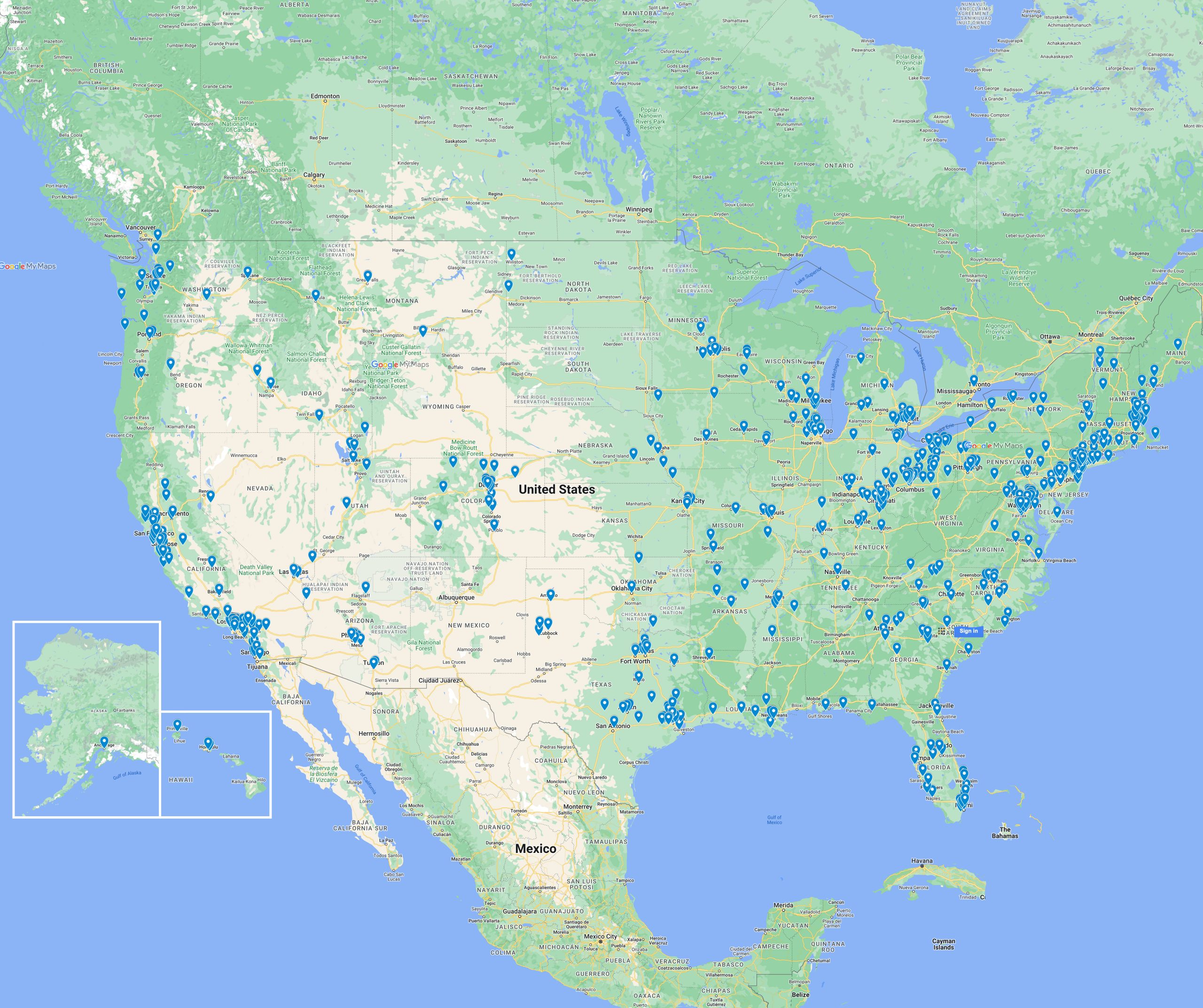
Creating a New HACCP Program to Go Wholesale
The Overview:

The Result:


The commissary felt more secure in moving towards wholesale operations.
The program moved them much closer to not only federal regulatory compliance but also in being ready to handle the development and implementation of GFSI Certification down the road.
Facing a similar challenge? Click the button below to get in touch.
Questions about costs, timelines and requirements?
Contact Us Today for a Free Consultation
Available to travel for your project
-
Headquarters

-
Offices



